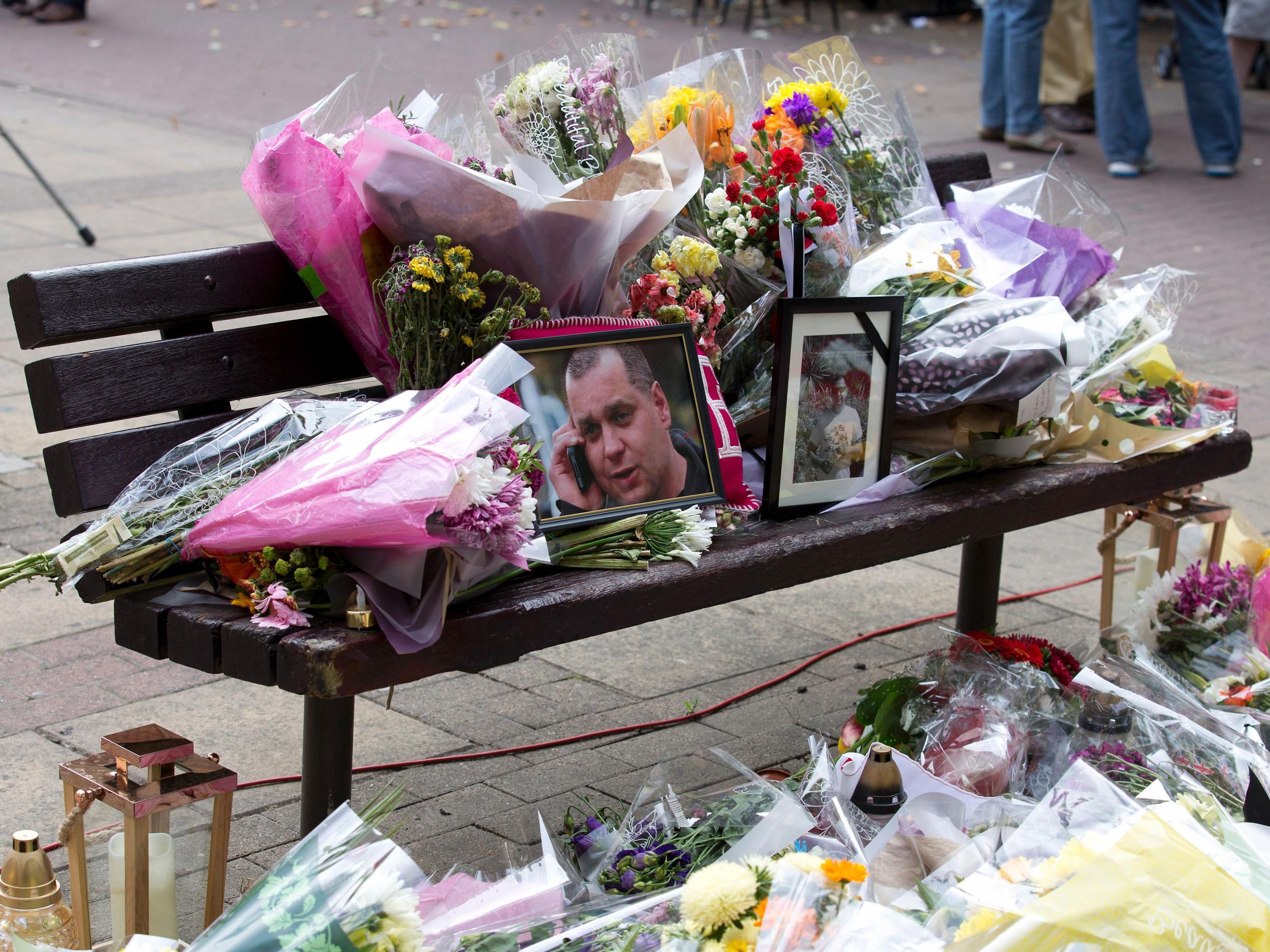Article 50: Triggering Brexit process prompts spike in online hate speech
Professor warns of 'new darker phase in relations with minority individuals in the UK'

Today's triggering of Article 50 has prompted a spike in hate speech, researchers monitoring Brexit-related crime on social media have revealed.
A dramatic rise in hate crime after the Brexit vote led police to take measures to protect vulnerable communities in anticipation of a similar surge in violence this week.
Matthew Williams, co-director of the Social Data Science Lab at Cardiff University, said he had observed an increase in online hate speech on the day the Government officially announced its intention to leave the EU.
“What we have noticed, using our various bits of software, is there has been an increase in hate speech today around this event,” Professor Williams told The Independent.
“It’s hard to say if it is the largest [spike] since Brexit vote, as the day isn’t over,” he said, warning that news broadcasts this evening could incite further abusive and xenophobic messaging.
Professor Williams and his team were awarded a £250,000 grant earlier this year to develop a monitoring tool tracking the propagation of online hate speech.
“It is worrying. We’ve entered into what I’d say is a new darker phase when it comes to relations with minority individuals in the UK, whatever minority they may be,” he said.
“I’ve seen prejudice being expressed towards individuals from other countries in Europe, but it’s also people from countries outside Europe. There’s been lots of anti-Muslim sentiment and a spike in homophobic hate speech.”
The National Police Chiefs’ Council (NPCC) said it has been in touch with European embassies based in the UK over the threat of increased violence after Article 50 is triggered.
Professor Williams said that while he did not want to conflate the rise in online hate speech with speculation over a total rise in violence, “based on previous experience, there have been spikes [in hate crime] around major political decisions of this nature.”
“We have to be careful as there will be some overlap with the Westminster attack. Disentangling Article 50 and the attack will be quite difficult, in a scientific fashion.”
“Being vigilant is the most sensible course of action,” he added. “If you witness or experience any kind of hate, verbal or physical, it should be reported as soon as possible to the local police.”
He recommended reporting crimes through the True Vision website, which allows victims and witnesses to remain anonymous if they wish.
“We do think there might be some form of increased levels of hate incidents,” Barbara Drozdowicz of the East European Resource Centre (EERC) told The Independent.
Ms Drozdowicz said the organisation did not want EU citizens living in the UK to expect be be victims of hate crime after the triggering of Article 50 and was hoping there would not be any.
However, she urged people to be ready to report any incidents that do occur, as “these things usually happen around certain political events”, she said, adding: “it’s a fact of life”.
Brexit racism and the fightback
Show all 9Assistant Chief Constable Mark Hamilton, the NPCC’s lead for hate crime, said: “We know that national and global events have the potential to trigger short-terms rises in hate crime and we saw this following the EU referendum last year.
“We have increased the central reporting and monitoring functions to enable us to recognise spikes earlier. This will be used to assess any threats that may arise and inform local police activity.”
In July, The Independent was given access to a database of more than 500 racist incidents compiled in the weeks since the EU referendum.
These included assaults, arson attacks and dog excrement being thrown at doors or shoved through letter boxes.
Polish police patrolled the streets of Harlow in Essex alongside British officers to reassure the public after 40-year-old Polish national Arek Jozwik was killed in what was believed to be a hate crime.
Six teenagers were arrested in connection with the attack, in which Mr Jozwik suffered head injuries and fell to the ground outside a row of takeaway shops in the town on 27 August.
One teenager has pleaded not guilty to manslaughter, reported Essex Live.
Mr Jóźwik’s brother said he was attacked after he was heard speaking Polish. He died in hospital two days later.
Police recorded a 41 per cent increase in hate crime in July 2016 compared to the same month the year before, according to the Home Office.
Data from 31 police forces showed that 1,546 racially or religiously aggravated offences were recorded in the two weeks up to and including the day of the referendum on June 23.
But in the fortnight immediately after the poll, the number climbed by almost half to 2,241.
Subscribe to Independent Premium to bookmark this article
Want to bookmark your favourite articles and stories to read or reference later? Start your Independent Premium subscription today.
